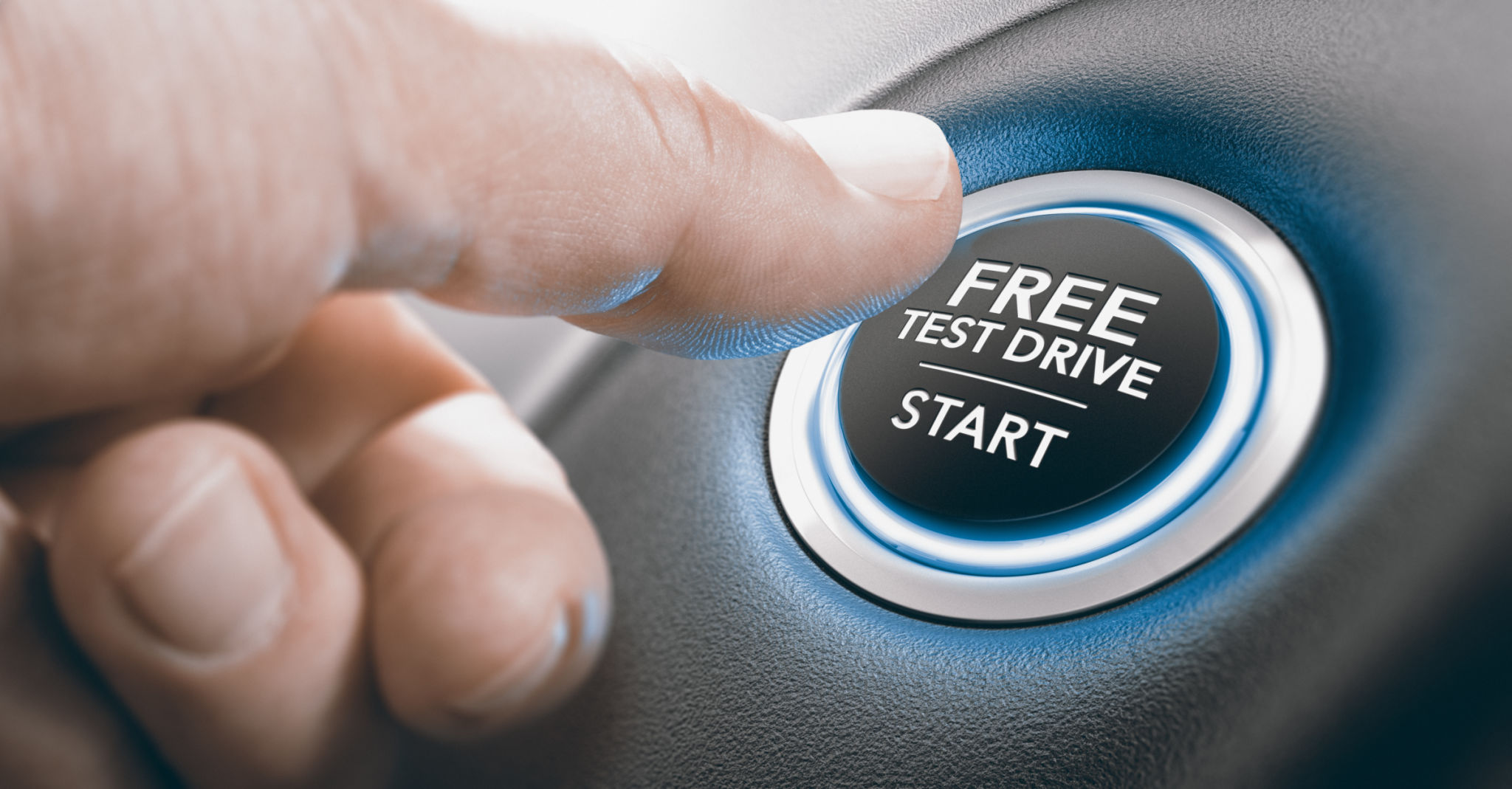A Step-by-Step Guide to Buying Your First Car
Understanding Your Needs
Buying your first car is an exciting milestone, but it's important to start by understanding your specific needs. Consider how often you'll use the car, the type of driving you'll be doing, and any essential features you may need. For instance, if you have a long commute, fuel efficiency might be a priority.
Think about the size and type of vehicle that suits your lifestyle. Do you need extra space for family or hobbies? Or are you looking for something compact and easy to park in the city? Clarifying these needs will help narrow down your options significantly.

Setting Your Budget
One of the most crucial steps in buying a car is setting a realistic budget. This includes not just the purchase price but also additional costs such as insurance, maintenance, and fuel. Decide whether you're buying new or used and consider how you plan to finance the vehicle—through savings, a loan, or leasing.
It's wise to get pre-approved for a loan. This not only provides a clear picture of what you can afford but also gives you leverage when negotiating with dealerships. Remember, sticking to your budget is key to avoiding financial strain down the road.
Researching Your Options
With a budget and list of must-have features in hand, it's time to hit the web and research your options. Use online resources to compare different makes and models. Pay attention to reviews about reliability and performance to ensure you choose a car that suits your needs.

Visit manufacturer websites and third-party sites to find detailed specifications and user reviews. This research will help you identify potential candidates that fit both your budget and lifestyle.
Test Driving and Inspecting Vehicles
Once you've narrowed down your choices, visiting dealerships for test drives is the next step. A test drive allows you to experience the car firsthand and assess comfort, handling, and any features that are important to you.
If you're considering a used car, it's essential to inspect it thoroughly or have a trusted mechanic do so. Look for signs of wear and tear and inquire about the vehicle's history. This step helps avoid unexpected repairs later on.

Negotiating the Deal
Negotiating can be daunting for first-time buyers, but preparation can make it easier. Use your research to understand the fair market value of the car you're interested in. Start with a reasonable offer based on this information and be prepared to negotiate.
Remember that negotiation isn't just about price. You can also discuss terms such as warranties, service plans, or additional features. Be patient and don't feel pressured to accept the first offer.
Finalizing the Purchase
Once you've agreed on a price, it's time to finalize the purchase. Review all paperwork carefully before signing. Ensure that all verbal agreements are included in writing to avoid misunderstandings later.

If financing through a lender, confirm all terms of your loan agreement. Remember to arrange for insurance before driving off the lot. Congratulations on purchasing your first car!